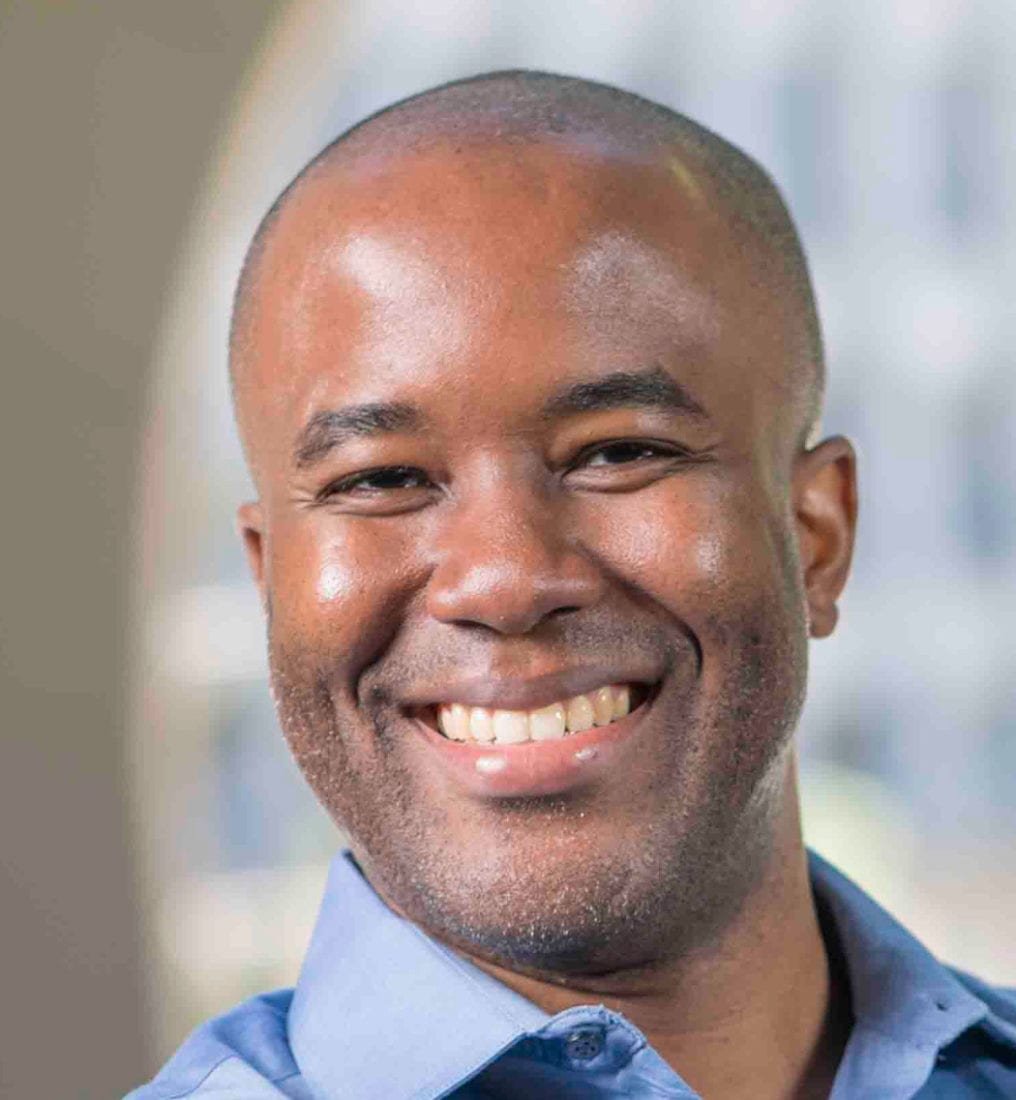 Alexei Greig was already a seasoned educator and administrator when he became the assistant principal at KIPP Bayview Academy, a Knowledge is Power Program (KIPP) school in San Francisco. KIPP is a nationwide network of 255 free, public charter schools that prepare kids of all races, incomes, and abilities for college success.
Alexei Greig was already a seasoned educator and administrator when he became the assistant principal at KIPP Bayview Academy, a Knowledge is Power Program (KIPP) school in San Francisco. KIPP is a nationwide network of 255 free, public charter schools that prepare kids of all races, incomes, and abilities for college success.
Greig had such a positive impact at the school that two years later he was promoted to associate director, then regional director of school culture overseeing 16 Bay Area schools. Much of what Greig promotes involves replacing top-down structures with more egalitarian ways of communicating. “In order to solve problems,” says Greig, “we need to think about how we’re interacting as communities. We need to engage everyone in building solutions.”
Some of the methods Greig introduced are known as “restorative practices,” a set of conflict-resolution guidelines (like specialized non-judgmental questions and curricula supporting social-emotional learning skills) that ensure students feel understood so they can address disputes and resume learning. With Greig’s culture improvements, the number of kids landing in the principal’s office each day dove from 30 to three or four.
Greig’s restorative practices have been equally effective with employees. While at KIPP Bayview, the staff turnover rate fell dramatically, from 70% the year he arrived to 29% the year he transitioned to his regional role.
“If you spend the time to listen and aren’t afraid to address challenging situations with kindness, fairness, honesty, and openness,” Greig says, “you can usually get to a path forward that works better for everyone.”